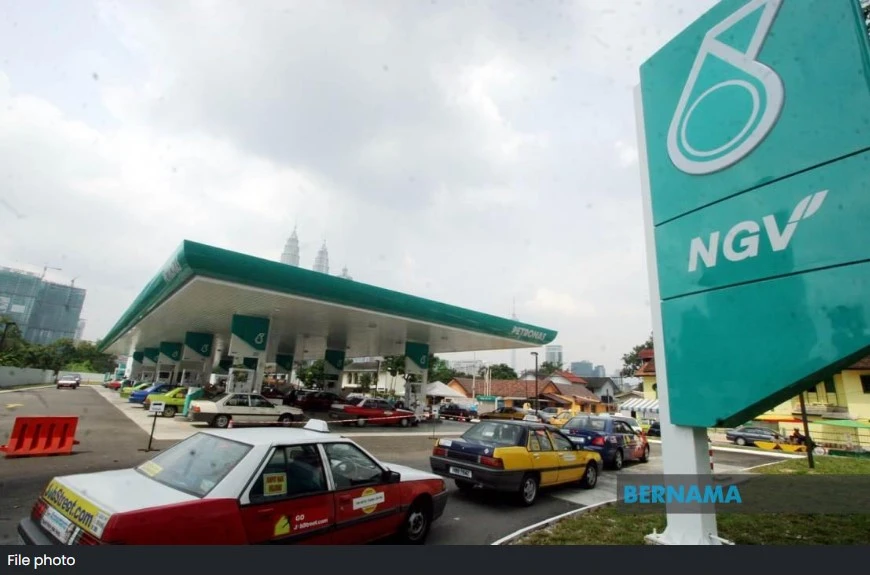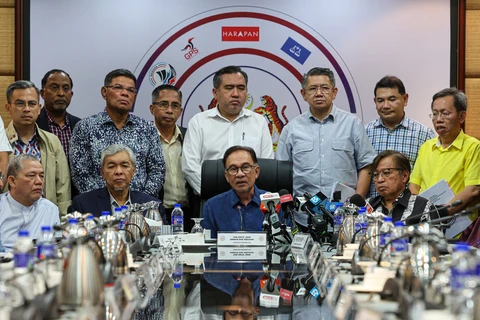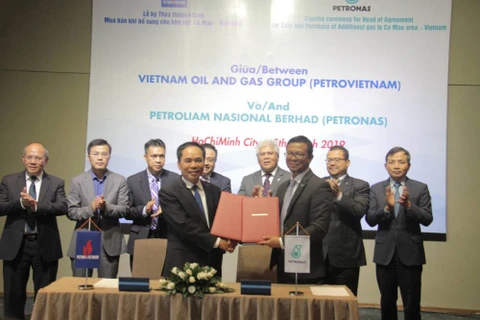
Kuala Lumpur (VNA) – Malaysia is set to expand its role in global natural gas trading as national oil and gas company Petroliam Nasional Bhd, or Petronas, expands its investments abroad.
According to BMI, a research unit of Fitch Solutions, most of Petronas’s equity investments in overseas liquefied natural gas (LNG) projects appear intended for global portfolio for trading. Its total LNG production capacity may rise to 40 million tonnes per year by 2025, excluding planned investments in Indonesia and Argentina.
The unit revealed that if large-scale projects in these two countries materialise, Petronas's equity LNG production capacity will see a significant increase, thereby enhancing the company's ability to trade larger portfolio volumes on a global scale.
According to the International Gas Union’s latest annual report released in June, Malaysia is Asia’s biggest LNG exporter, shipping 26.75 million tonnes in 2023, accounting for about 7% of the total LNG traded globally.
Petronas’s Gladstone LNG project in Australia is already operating, producing up to 8.6 million tonnes annually, and the company is in the midst of building the LNG Canada project with a capacity of 14 million tonnes per year. Petronas has a 28% stake in Gladstone LNG and 25% in LNG Canada.
Most recently, Petronas invested for 15% equity stake in the Masela production sharing contract, which includes the 9.5 million tonnes per annum Abadi LNG project in Indonesia. Petronas also signed a pact with Argentina's state-owned YPF to develop a 5 million tonnes per year project in Bahia Blanca. Both Indonesia and Argentia projects, however, are still in planning stages.
BMI stressed that as a mature LNG player, Petronas's appetite for investment risks in the LNG business seems to be growing strongly, as it is directly undertaking equity investments in upstream gas projects integrated with liquefaction plants.
Petronas is seeking to enter into China and other emerging markets, shifting its focus away from Japan to sustain LNG exports. Malaysia only accounts for 11.5% of China’s LNG total imports, significantly lower compared to Australia’s share of 32.5% and Qatar’s 25.9%.
China is now widely considered a fast-growing LNG market and still offers significant opportunities for LNG exports.
In May 2024, Petronas announced that it has signed memoranda of understanding (MOUs) with China Petrochemical Corporation (Sinopec) to explore opportunities in LNG trading, among other commodities and specialty chemicals.
The MOUs can enable Petronas to expand its market share in the Chinese market./.






















